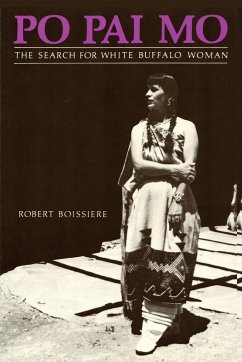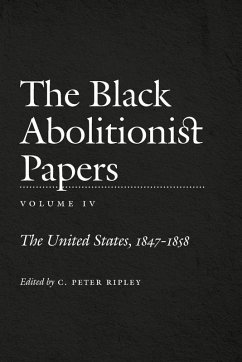Author Hernton's reading Of racial relations revolves about the psychology of intimacy. Home down South to "resolve a conundrum," he sees the difficulties between white and black as based on similarities, not differences, the violence perpetrated by white on black as a sex orgy, a perverted love. Looking to the films, he says that "to recognize the human validity of Negro sexuality is one of the necessary ways of affirming the Negro's essential manhood" - an element in acceptance which even Sidney Poitier has failed to attain on the screen. He sees the civil rights movement as becoming institutionalized, points to Malcolm X as "the only man, black or white, who could articulate, in the living language of the ghetto, the intimate agonies of the people, and transform them into a weapon of revolution" - and notes that everybody benefited from his removal but the masses, "the final people" who make up 80% of the Negroes in America. He recognizes the "existential Negro" about whom no one has written but Richard Wright, for whom no one has written but Langston Hughes. In "Blood of the Lamb" he portrays James Baldwin as prostituted by his relationship to the white community and prognosticates that the time will come when he is not so acquiescent, more aggressive, a prophecy fulfilled with Blues for Mister Charlie. Marching in Washington on August 28, 1963, he feels a "foreboredom" for a total civilization. Intimations and insights rather than concrete conclusions. (Kirkus Reviews)
Hinweis: Dieser Artikel kann nur an eine deutsche Lieferadresse ausgeliefert werden.
Hinweis: Dieser Artikel kann nur an eine deutsche Lieferadresse ausgeliefert werden.








